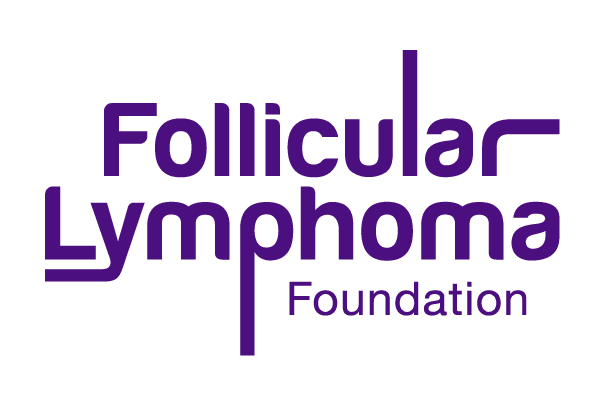FLF’s CMO Shares Key Scientific Highlights from ASH 2024
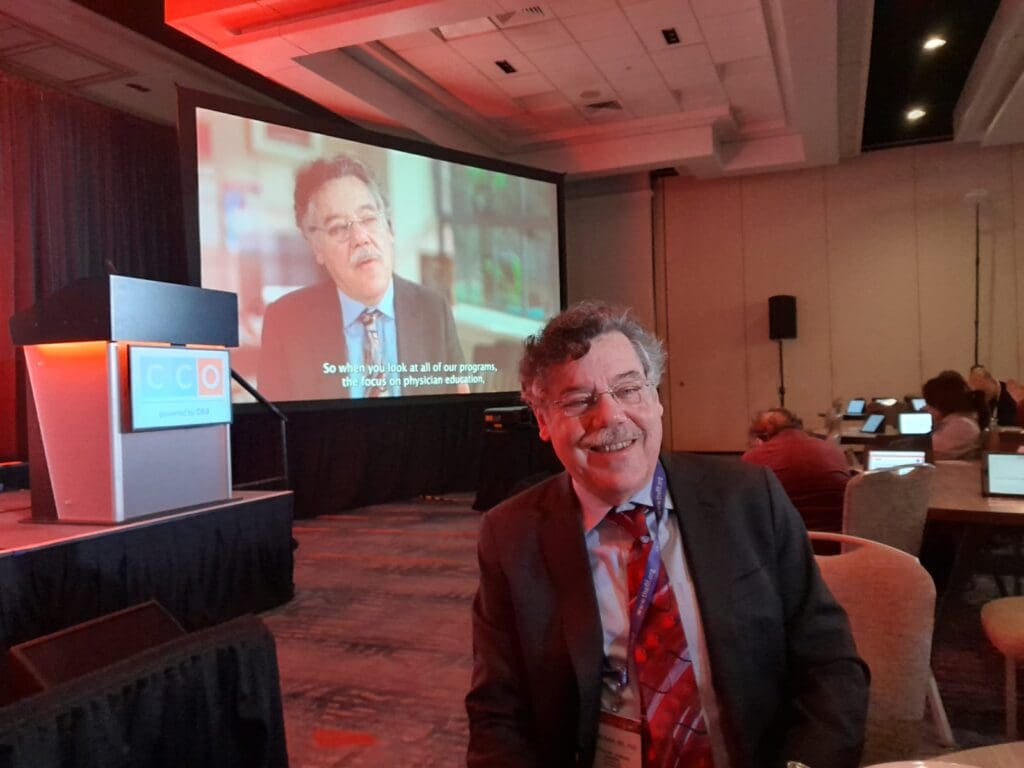
FLF’s CMO highlights key takeaways from ASH 2024 on follicular lymphoma, from immunotherapy to new treatments.
World Cancer Day 2025: Supporting Follicular Lymphoma Patients

“Treat the person, not just the disease.”
World Cancer Day is on the 4th February. This year’s theme, United by Unique, emphasizes an essential shift in cancer care: putting patients at the heart of every decision.
Webinar – FL and You – Emotional Health & Wellbeing

Watch our recent webinar with a panel of inspiring individuals and expert speakers as they share uplifting personal stories, professional advice and the unique perspective of supporting a loved one with FL.
2024 End of Year Reflections

This year has been transformative, marked by groundbreaking progress in our mission to cure follicular lymphoma.
Unlock the Cure Gala Dinner Raises Over £800,000
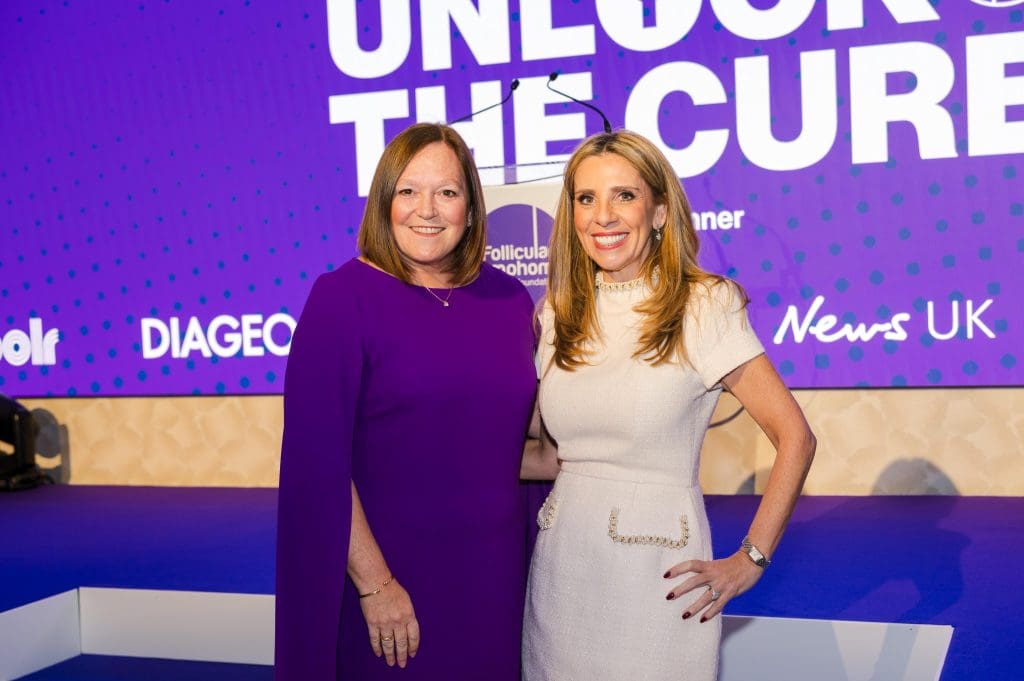
We are thrilled to announce that our Unlock the Cure Gala Dinner saw us raise an astounding £800,000 to further our mission of finding a cure for follicular lymphoma.
Immunogenicity of COVID-19 vaccines in patients with follicular lymphoma receiving frontline chemo-immunotherapy.
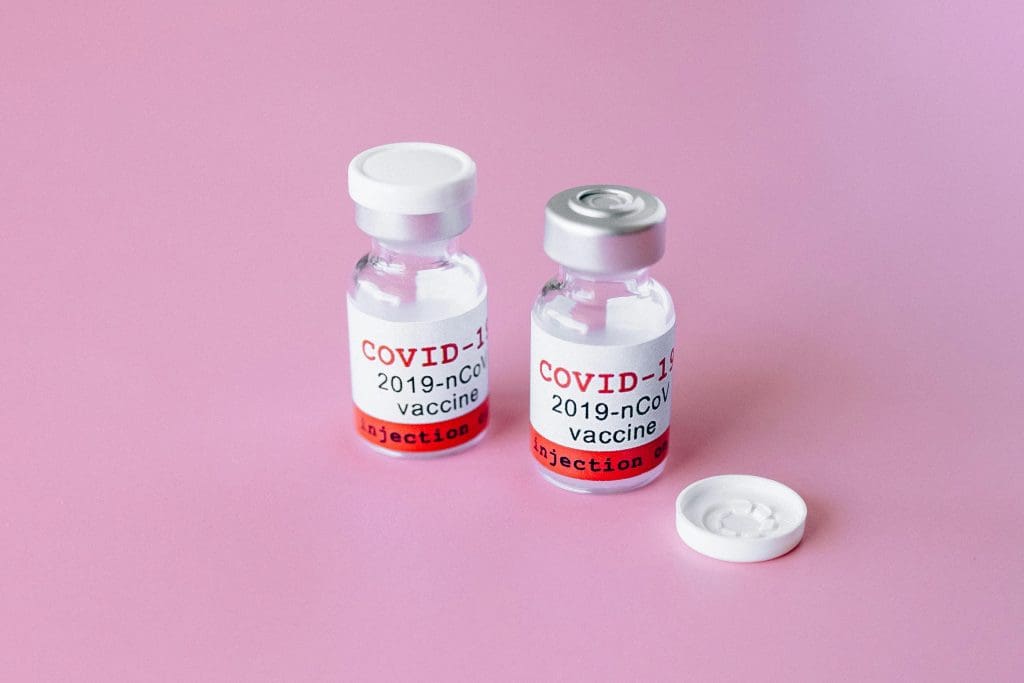
Plain English Summary of the Publication:
Immunogenicity of COVID-19 vaccines in patients with follicular lymphoma receiving frontline chemo-immunotherapy.
The FLF at the ASH Annual Meeting in San Diego
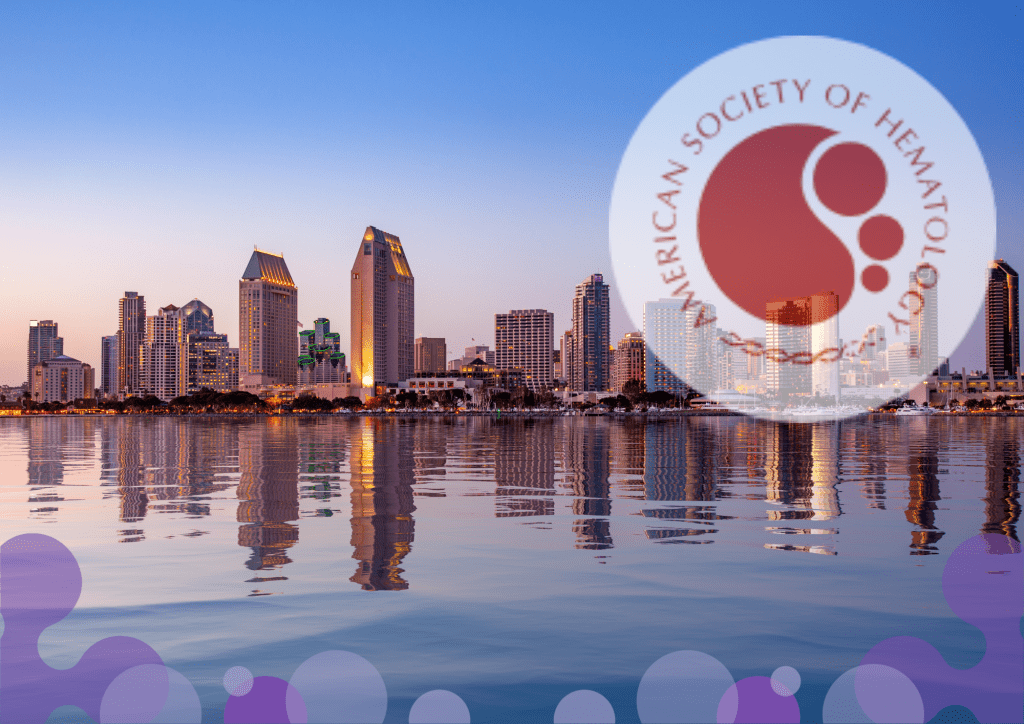
The Follicular Lymphoma Foundation (FLF) was thrilled to participate in the recent American Society of Hematology (ASH) Annual Meeting.
Exploring the Future of Chemotherapy with Professor Jessica Okosun
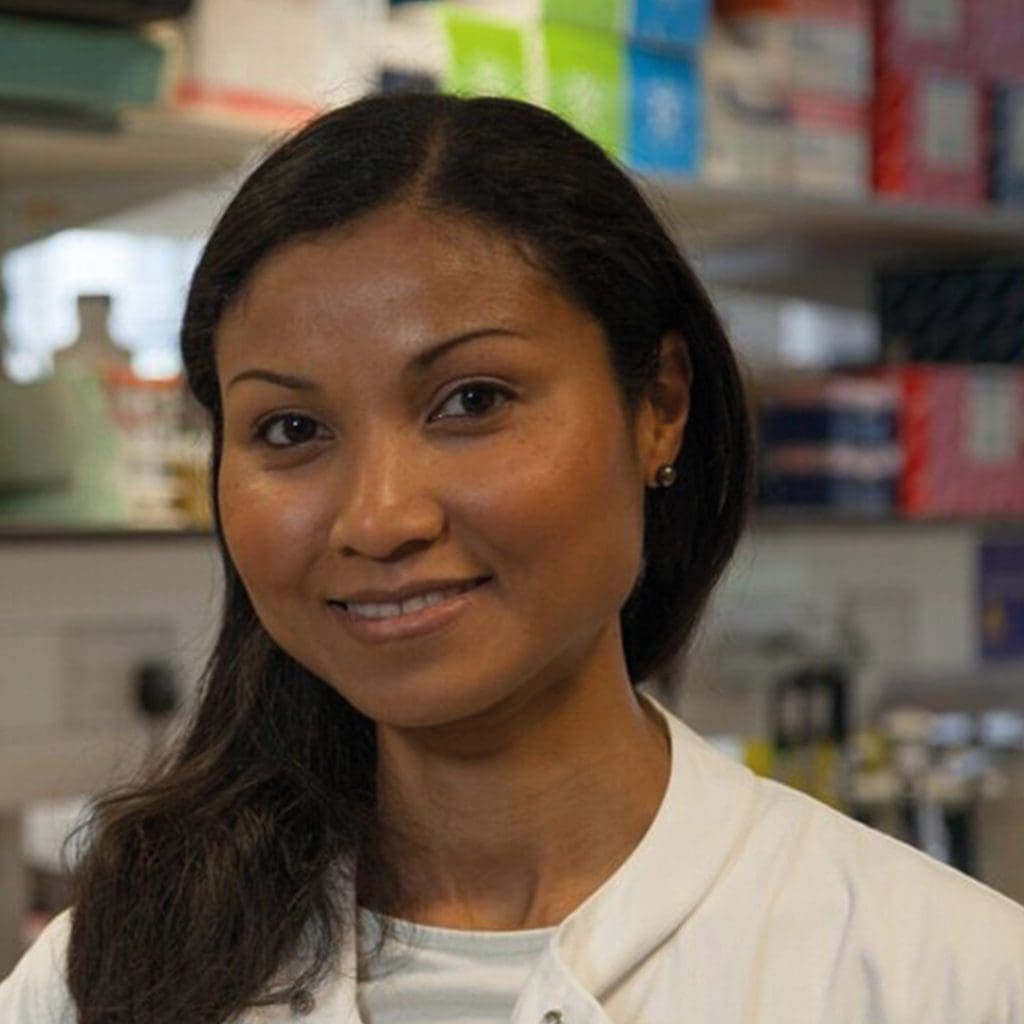
Professor Jessica Okosun, FLF Scientific Advisor, answers your questions on chemotherapy-free options
Patient Survey Insights – Exploring FL Patient Experiences with Immunotherapy and Communication Preferences

Global patient survey results reveal key insights into patient perspectives on immunotherapy and information preferences
Our Webinar Series – Register Your Interest
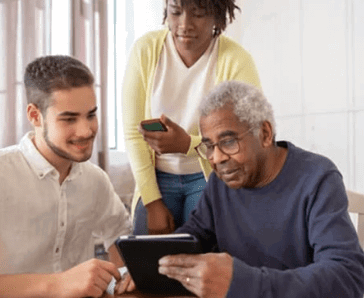
Our webinars are free, interactive, and designed to empower everyone affected by FL. Register today and stay informed on these important discussions.
